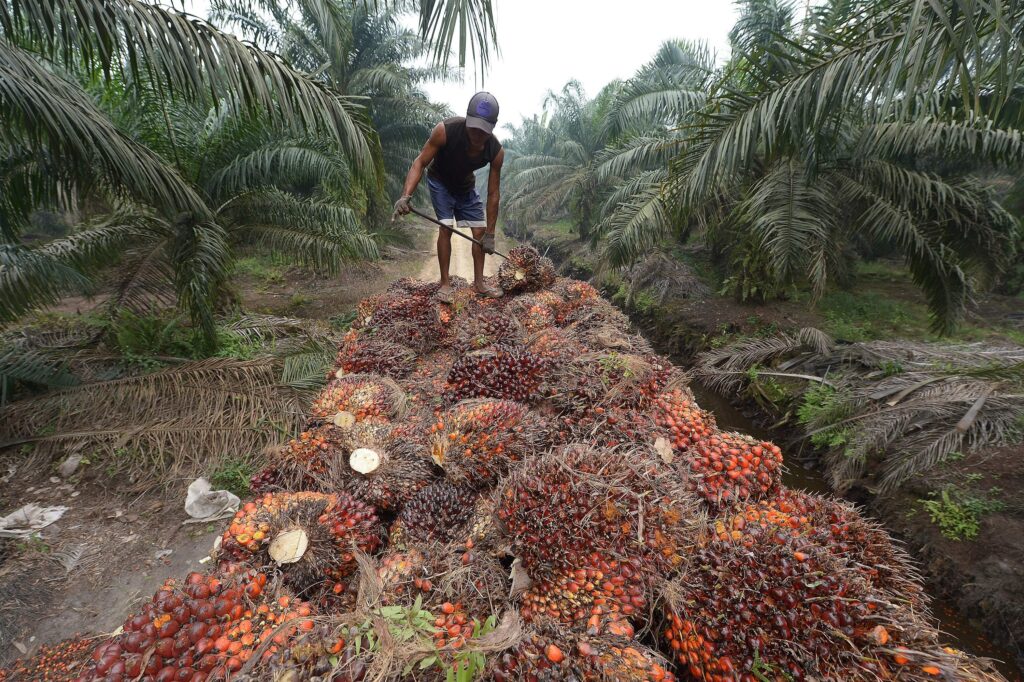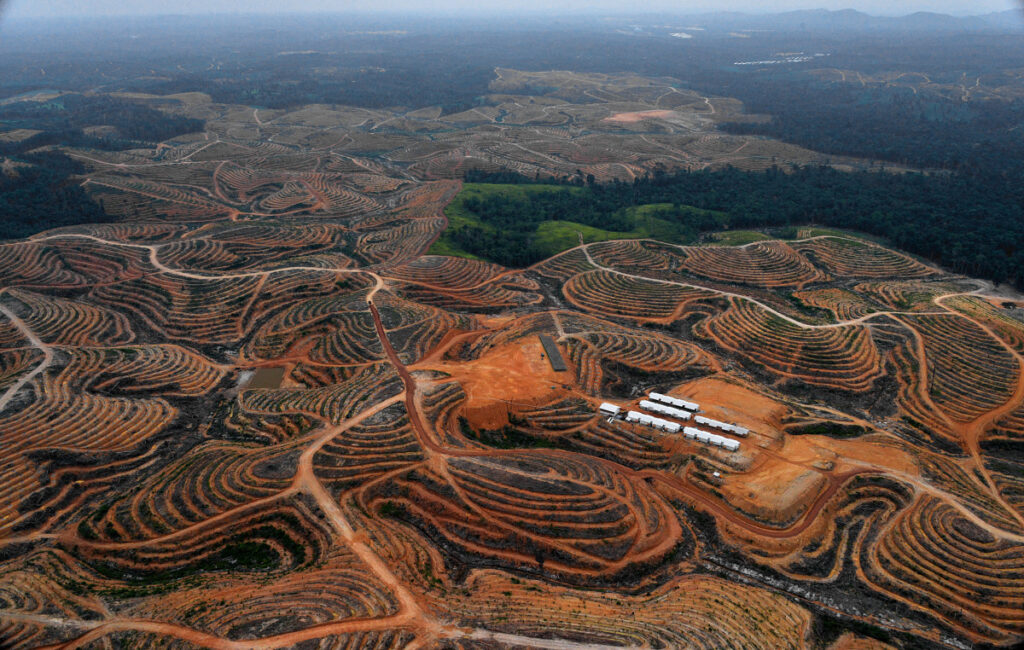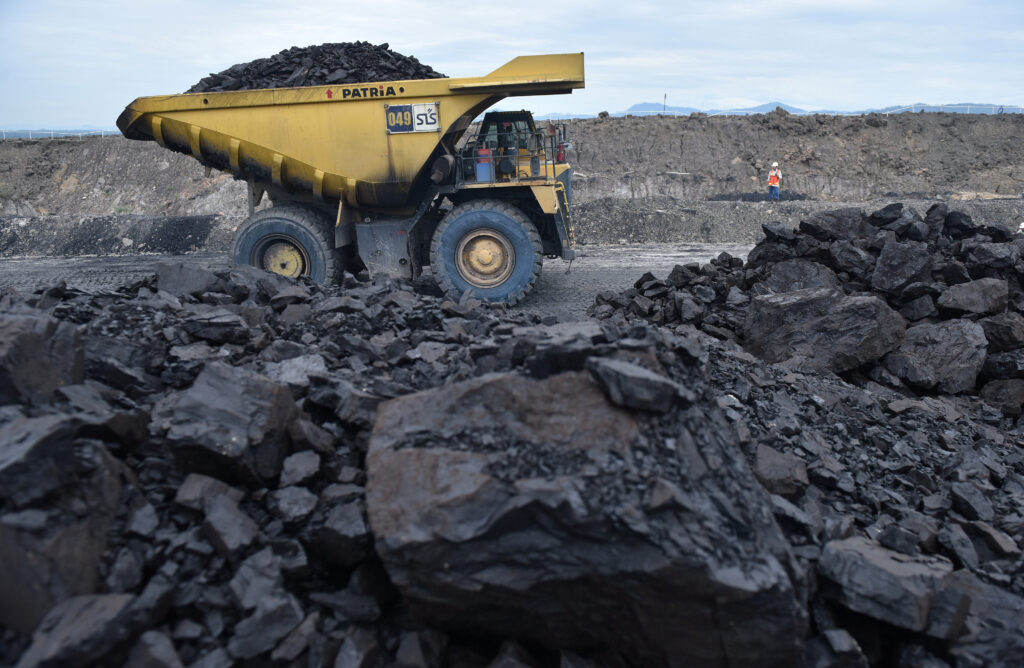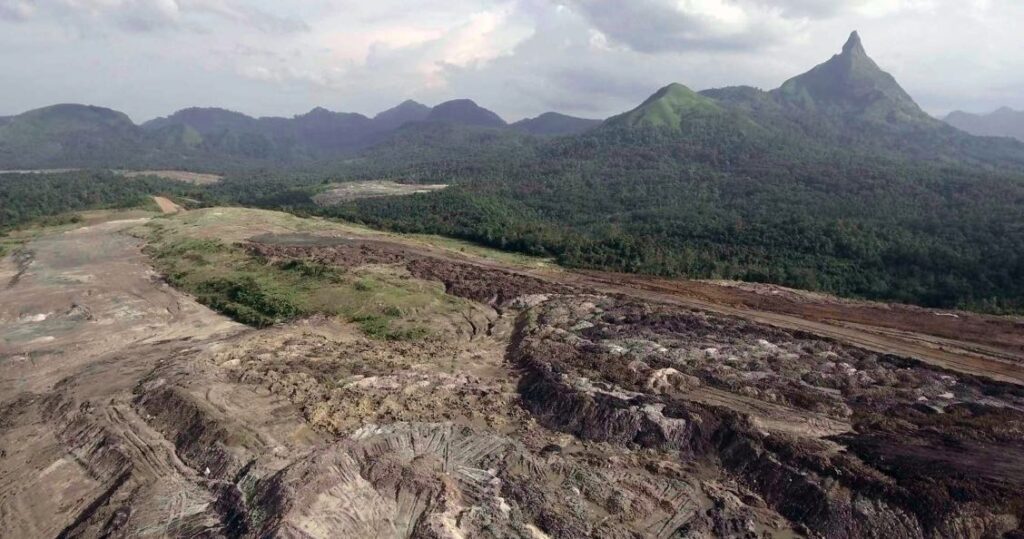Indonesia, one of the world’s largest producers of coal and palm oil, is looking to expand its export markets as demand in traditional markets such as China and India slows down.
The Indonesian government has been actively seeking new markets for its coal and palm oil exports, as well as diversifying its export products to reduce dependence on a single commodity. In recent years, Indonesia has been focusing on developing markets in Southeast Asia, Africa, and Europe as potential new markets for its coal and palm oil exports.
In the case of coal, Indonesia has been targeting countries such as Vietnam and Philippines as potential new markets. The country has also been looking to increase exports to Europe, where there is a growing demand for low-emitting coal as part of the transition to cleaner energy sources.
Indonesia has also been looking to expand its palm oil market, which has traditionally relied heavily on China and India. The country has been focusing on Africa as a potential new market, as well as looking to increase exports to the European Union, which is a major market for palm oil.
However, the country’s efforts to expand its coal and palm oil markets have faced challenges. The European Union has been implementing stricter regulations on palm oil imports, and there have been growing concerns about the environmental impact of palm oil production. Additionally, increasing competition from other major coal and palm oil producers such as Malaysia and Brazil has also made it more difficult for Indonesia to expand its export markets.
Despite these challenges, Indonesia remains committed to expanding its coal and palm oil markets, and the government continues to work towards developing new markets and diversifying its export products. With its large reserves of coal and palm oil, Indonesia is well-positioned to continue playing a major role in the global market for these commodities.







